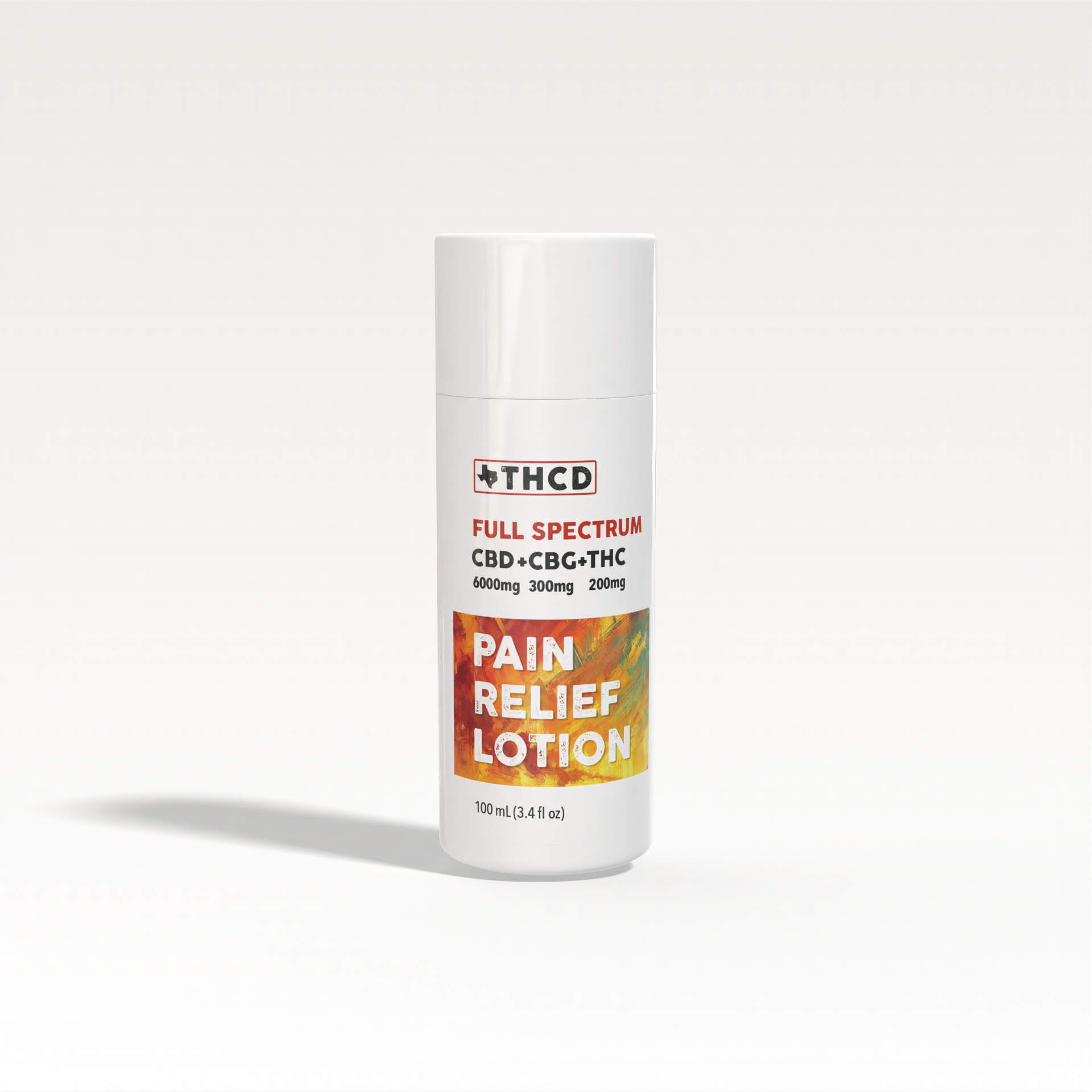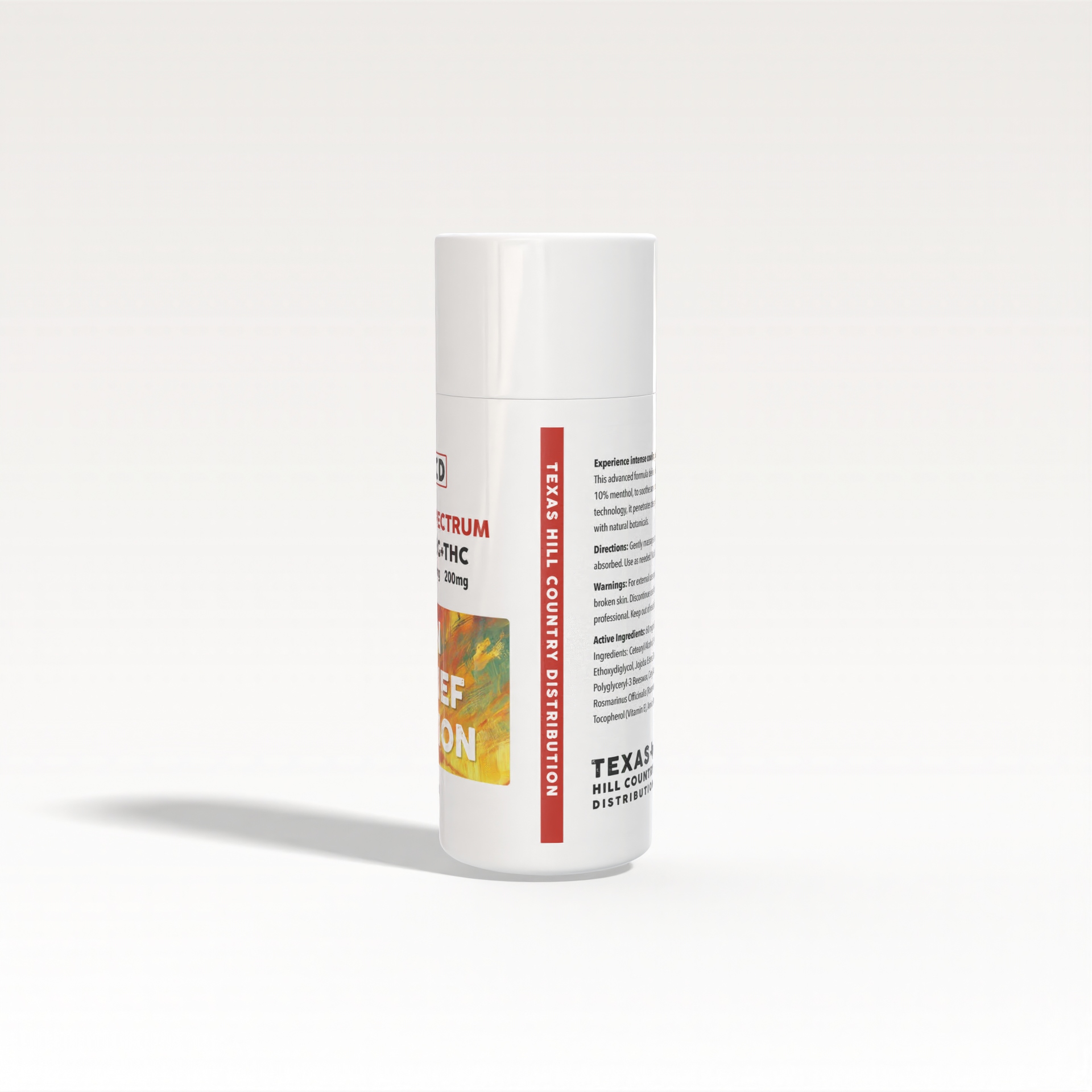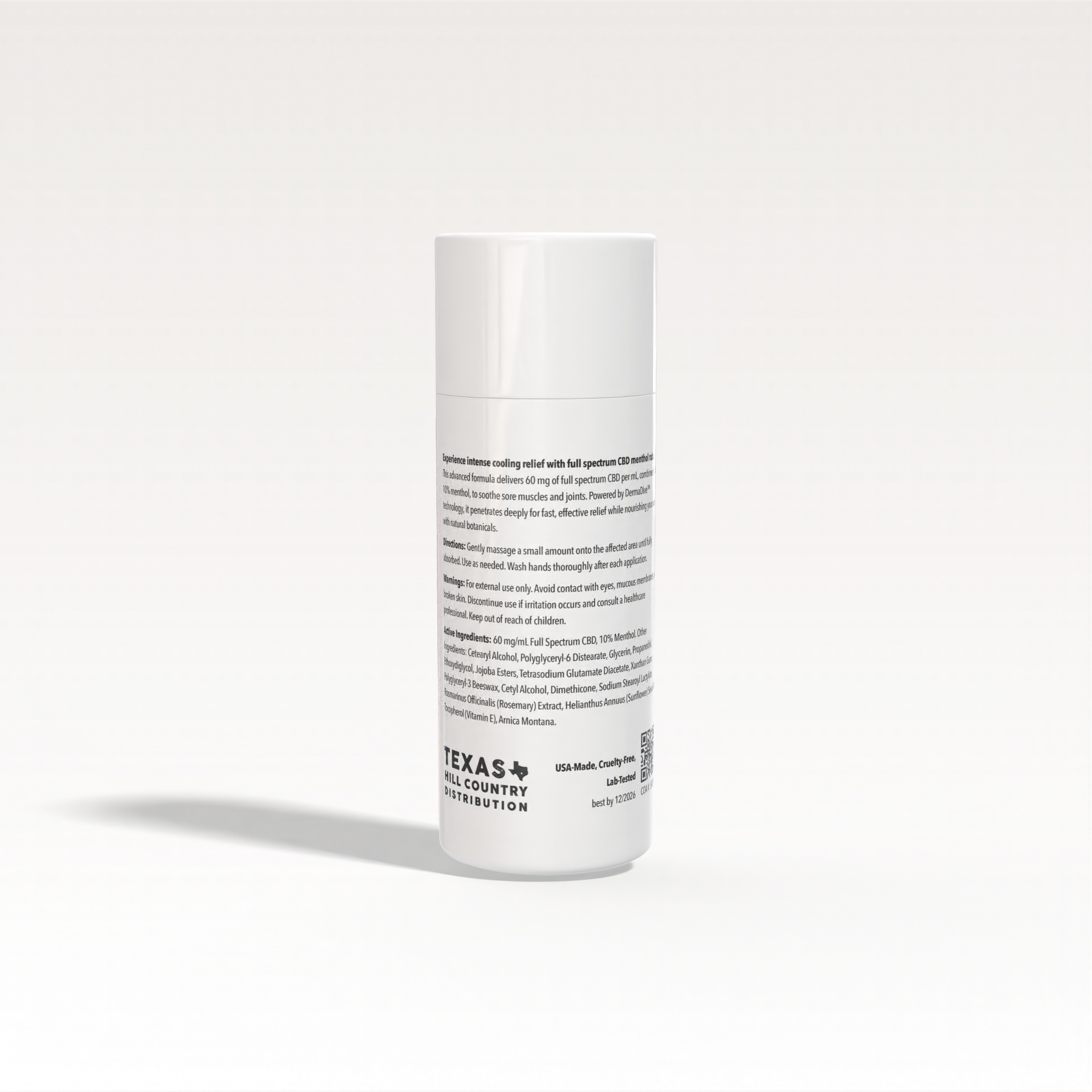60 mg/mL Full Spectrum CBD: Often used for its potential anti-inflammatory and soothing properties; safe for topical use.
10% Menthol: Commonly used in topical products for its cooling sensation; safe in moderate amounts.
Cetearyl Alcohol & Cetyl Alcohol: Fatty alcohols that act as emollients and thickeners; non-irritating and safe.
Polyglyceryl-6 Distearate & Polyglyceryl-3 Beeswax: Emulsifiers that help blend oil and water; safe and commonly used in natural cosmetics.
Glycerin: A humectant that draws moisture to the skin; safe and hydrating.
Propanediol: Often used as a solvent or humectant; considered safe and skin-friendly.
Ethoxydiglycol: A solvent and penetration enhancer; typically safe in small amounts.
Jojoba Esters: Emollients that help hydrate the skin; safe and commonly used.
Tetrasodium Glutamate Diacetate: A chelating agent that stabilizes formulas; generally regarded as safe.
Xanthan Gum: A natural thickening agent; safe and often used in cosmetics.
Dimethicone: A silicone that adds a silky feel and helps lock in moisture; generally safe for topical use.
Sodium Stearoyl Lactylate: Emulsifier; safe in low concentrations.
Rosmarinus Officinalis (Rosemary) Extract: Often added for its antioxidant properties; generally safe.
Helianthus Annuus (Sunflower) Seed Oil: Hydrating and skin-protective; safe and non-irritating.
Tocopherol (Vitamin E): An antioxidant that nourishes the skin; safe and commonly used.
Arnica Montana (Arnica Flower) Extract: Often used in muscle relief formulas; safe in diluted amounts, but may irritate sensitive skin.
Most of these ingredients are commonly found in topical products and are safe for general use, provided they are included within recommended concentrations. However, individuals with sensitive skin or allergies should patch-test products with active ingredients like menthol, lidocaine, or arnica to avoid irritation.


